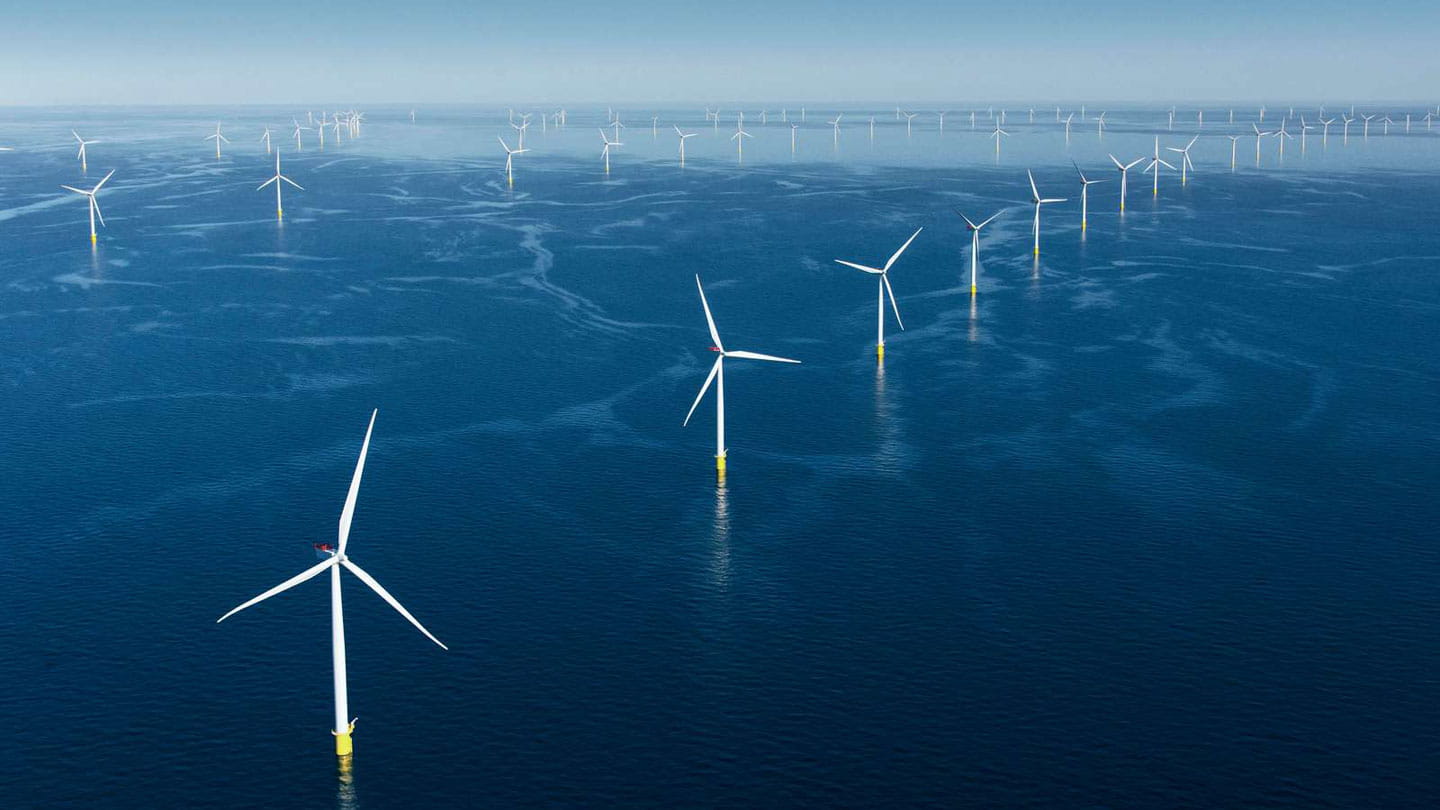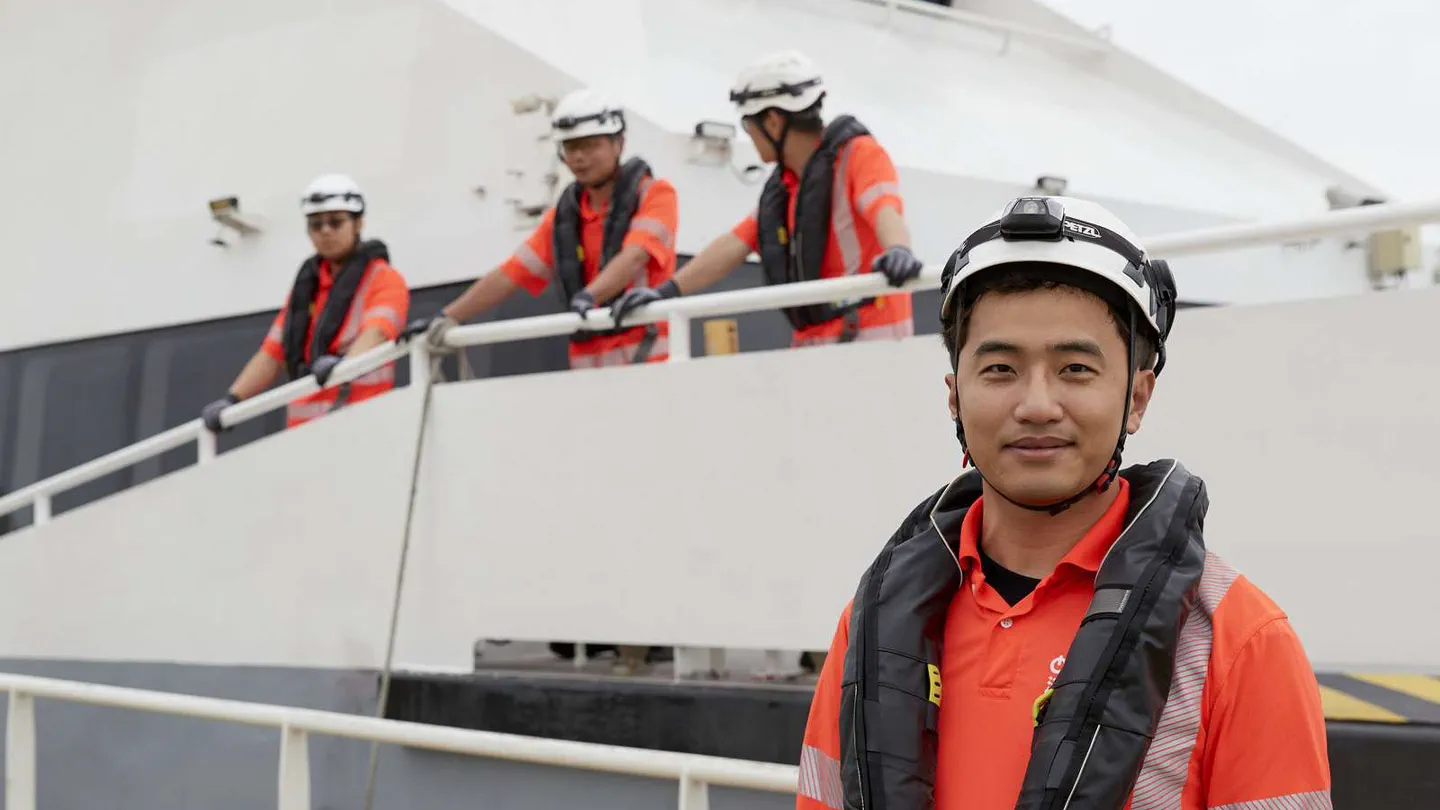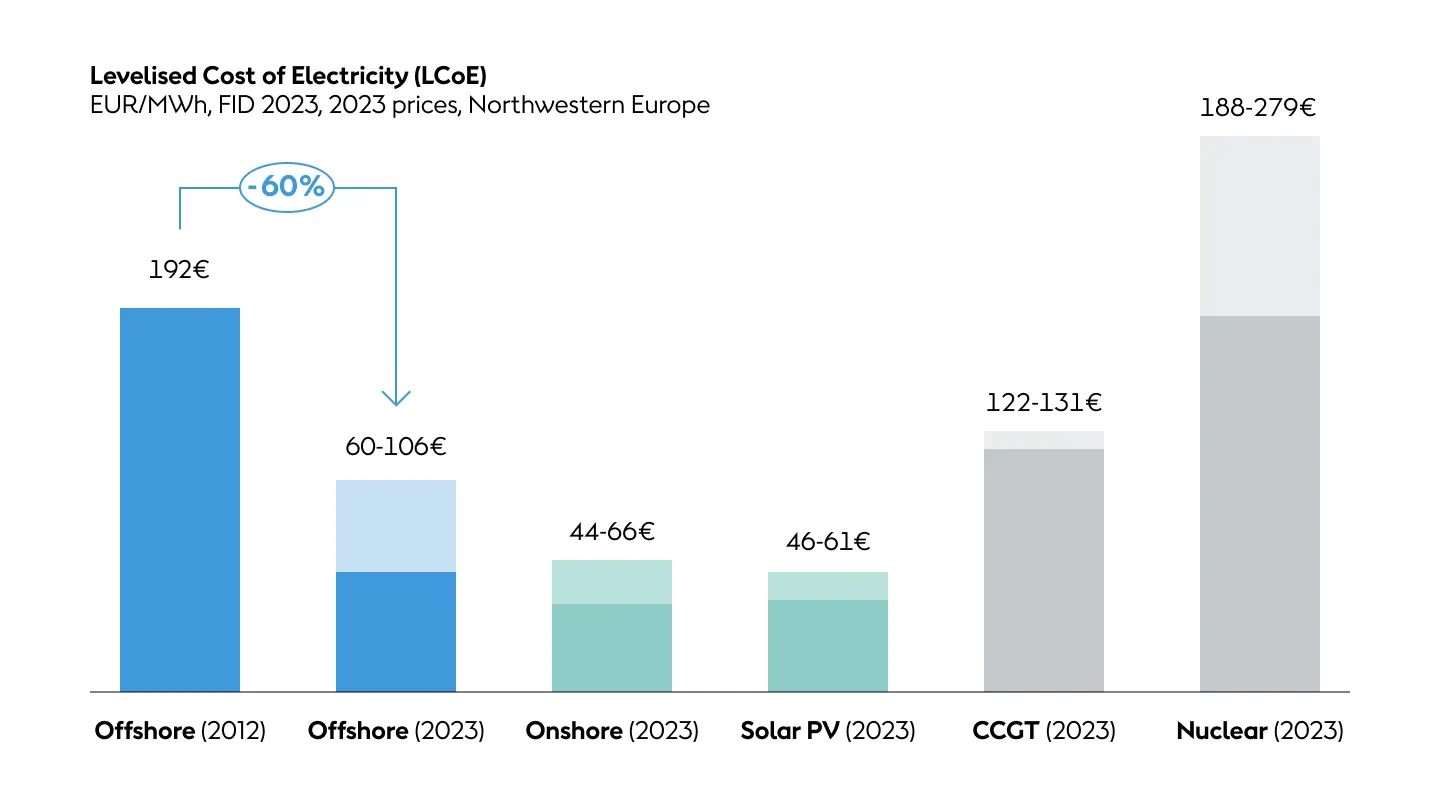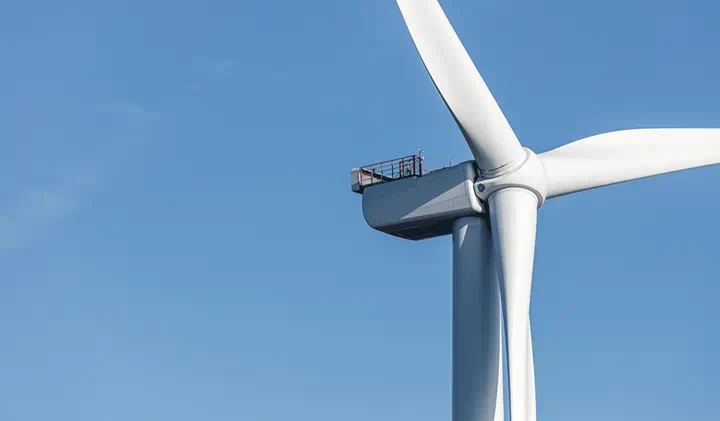Off the coast of Changhua County, Taiwan, we operate the largest offshore wind farms in the Asia-Pacific – Greater Changhua 1 and 2a. 111 turbines provide 900 megawatts of power – enough to power 1 million Taiwanese homes.
We’re now building Greater Changhua 2b and 4, which will provide another 920 MW of power.
See all our offshore wind farms in Taiwan
We’re now building Greater Changhua 2b and 4, which will provide another 920 MW of power.
See all our offshore wind farms in Taiwan



